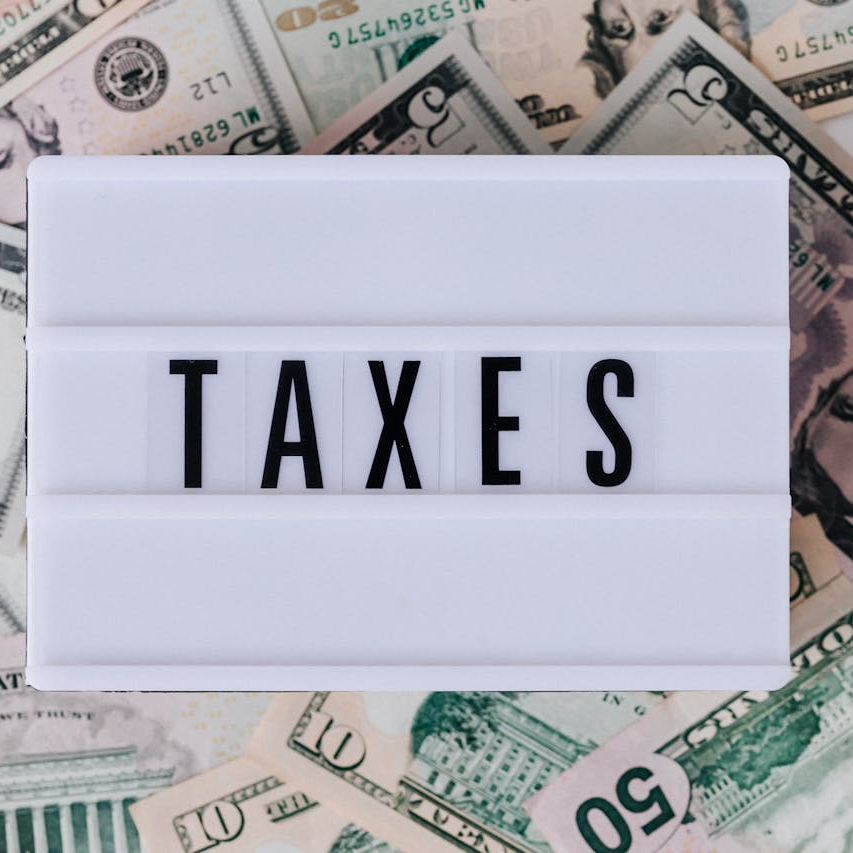Healthcare is costly for both working and retired individuals. However, these expenses may soar during your senior years. According to HealthView Services, the average healthy 65-year-old couple who retired last year can expect to spend $662,156 on healthcare bills throughout their retirement. This figure includes out-of-pocket Medicare costs and 5.9% annual healthcare inflation. For this reason, it’s critical to set away money specifically for medical care in retirement. And one account, in particular, is gaining popularity. HSA Balances are Increasing According to the consulting company, Devenir, customers have saved more than $100 billion in health savings accounts (HSAs) as of January. Furthermore, the company predicts that HSA funds will reach $150 billion by 2024’s end. A total of 32 million people are estimated to have an HSA. Given that HSAs aren’t available to everyone, it’s an impressive number. In reality, enrolment in a high-deductible health insurance plan is required to finance an HSA. Some individuals prefer a lower-deductible plan, or their employers haven’t offered them a high-deductible option. Medicare enrollees are likewise ineligible to contribute to an HSA. As a result, millions of Americans owning one is a positive thing. Nonetheless, there must be many people who are eligible for HSAs but have yet to fund one of these accounts. And that’s a significant error because HSAs are laden with tax advantages. The Benefits of HSAs HSAs provide a slew of tax breaks, making it beneficial to max them up. To begin with, HSAs are financed with pre-tax earnings. Traditional IRAs and 401(k) plans are treated similarly. HSA money that isn’t required straight away can also be invested. Gains on HSA investments are tax-free. Withdrawals are also tax-free if you use the funds for eligible healthcare costs.
It’s also noteworthy that once investors reach 65, their HSAs effectively transition to a traditional retirement savings plan. Withdrawals you make at a younger age for non-medical reasons are penalized by 20%. That’s double the penalty for an early withdrawal from an IRA or 401(k). However, after 65, HSA participants can use their funds for any purpose without incurring penalties. Taxes apply to withdrawals in such cases, but they’re no different from the taxes that apply to traditional IRAs and 401(k)s. Don’t Miss out on a Great Savings Opportunity If you have the chance to participate in an HSA, it’s worth doing it. But, if you go that path, strive to invest your HSA and save that money for retirement when you’re most likely to need it. According to Devenir’s analysis, just 7% of all HSAs have assets invested. That shows that most savers use their HSAs to cover short-term costs. While this is allowed, it’s also not the greatest strategy to get the most of an HSA.
Contact Information:
Email: hollingsworthcsa@aol.com
Phone: 2564383071














